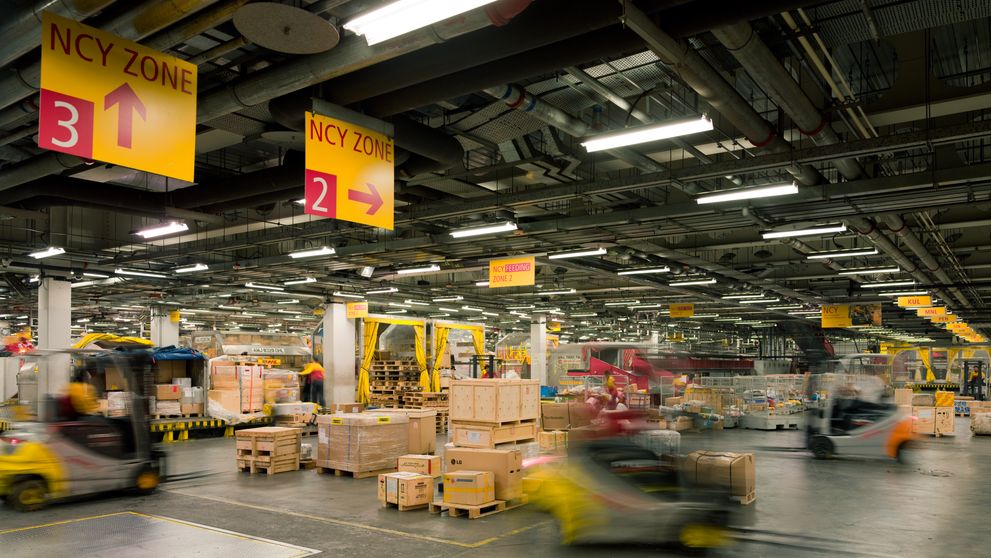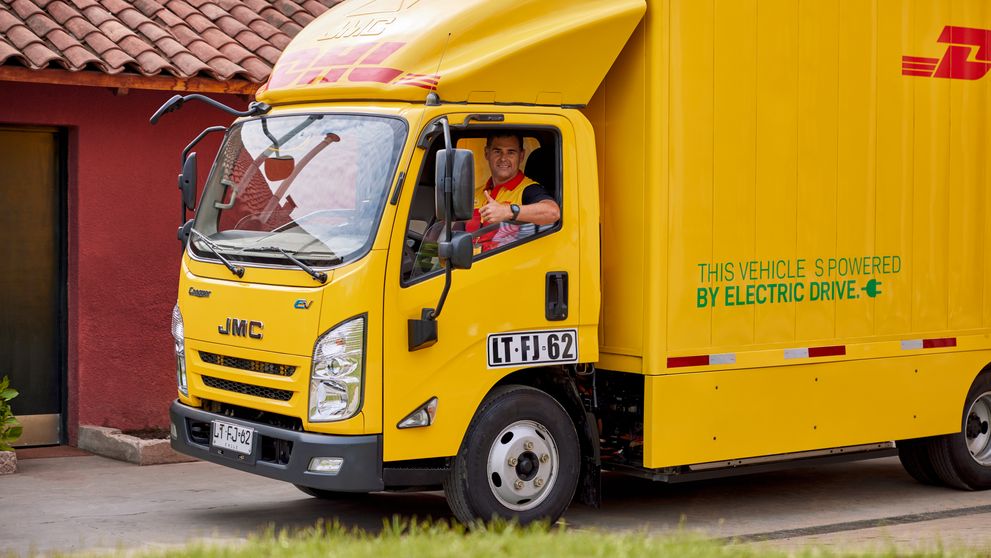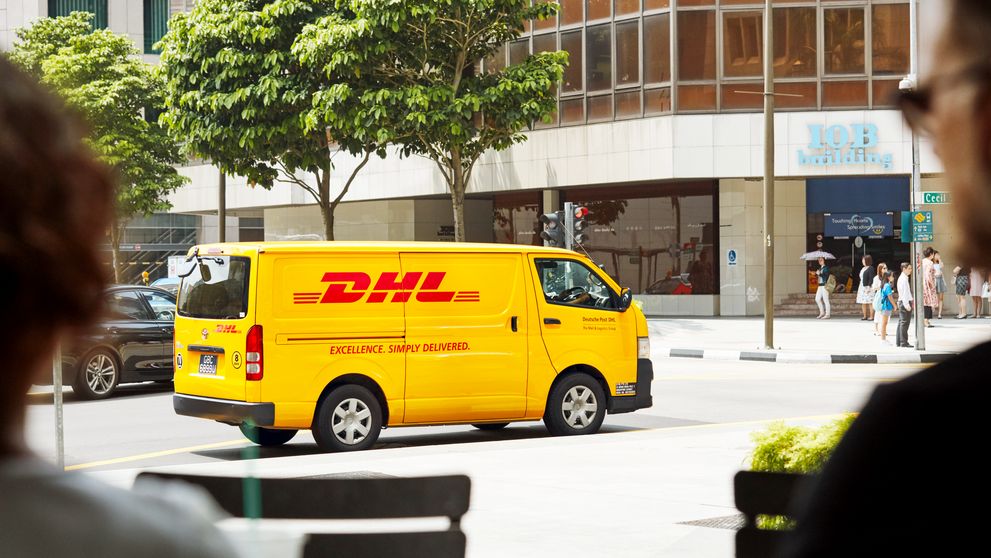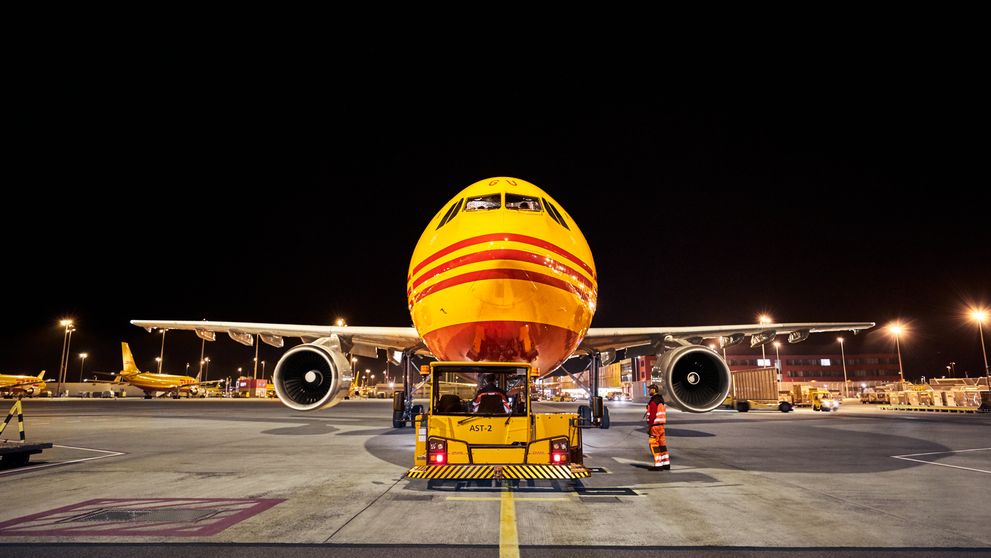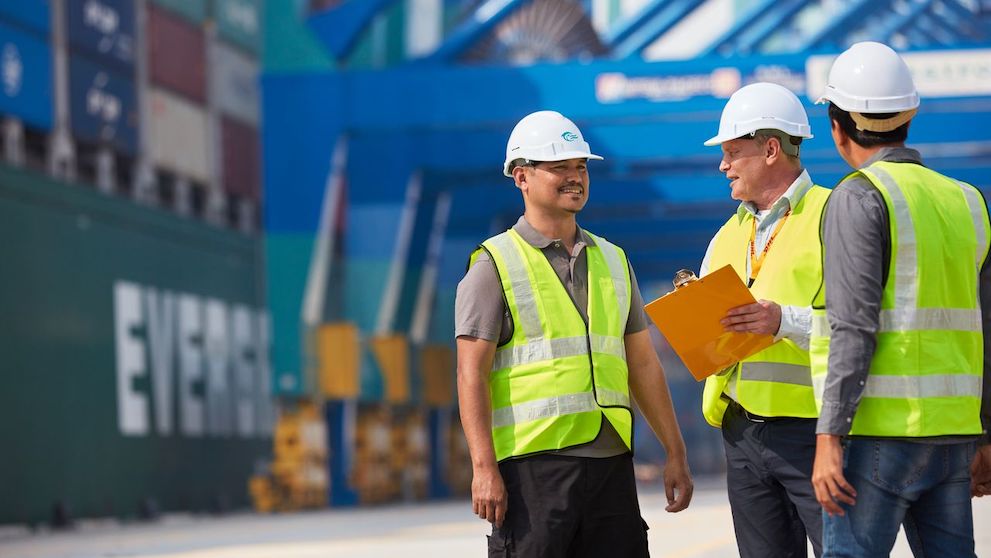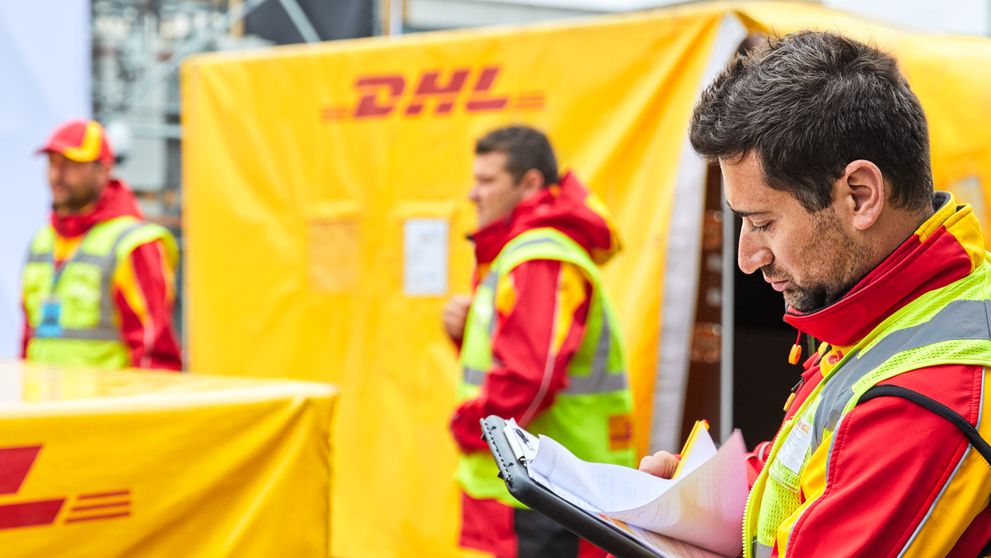In today's globalised world, international shipping has become vital for businesses of all sizes in Indonesia and individuals looking to send packages overseas. Whether you're a seasoned exporter or new to the world of shipping, understanding the Harmonised System (HS) and ASEAN Harmonised Tariff Nomenclature (AHTN) codes is crucial to ensure a smooth customs clearance process and hassle-free deliveries. But why?
Importing and exporting goods, in general, involves various processes and compliance with customs regulations. And one essential aspect of this process is the use of HS and AHTN codes to classify goods for customs purposes. These tariff codes play a significant role in international trade, allowing customs authorities to identify and categorise different products accurately.
But what exactly are they, and how are they different?
What is the Harmonised System?
Understanding Tariff Codes and HS Codes might seem confusing at first, but rest assured, they essentially mean the same thing.
These internationally recognised numerical codes were implemented by the World Customs Organisation (WCO). It serves as a standardised and uniform method of categorising goods, ensuring that each commodity is assigned a unique HS Code recognised by most countries worldwide. Whether you are shipping batteries and electronic items across the border or exporting auto parts out of Indonesia, there is a specific set of six-digit numbers assigned to each product group.
This system helps over 200 member countries and territories accurately identify products when assessing customs duties, taxes, and tariffs. It also simplifies the complexities of international shipping, fostering a more accessible and transparent global market. This shared reference point is also invaluable for customs and government agencies, as it facilitates enforcing regulations and implementing new legal requirements.
Is the HS Code different for each country?
Different regions may introduce adapted schedules to achieve a more precise form of categorisation tailored to their unique geographical requirements. One such model is the ASEAN Harmonised Tariff Nomenclature code, specifically applied when exporting from and importing into Indonesia.
While the HS Code provides a globally recognised standard for product classification, regional adaptations like the AHTN Code allow countries within the ASEAN community to harmonise their customs procedures further. This localised approach ensures a seamless flow of goods across borders while adhering to specific regional trade regulations and policies. So, when dealing with imports and exports in Indonesia, businesses must familiarise themselves with the AHTN Code to ensure compliance with the country's customs requirements and achieve smooth trade operations.
What is AHTN Code?
The ASEAN Harmonised Tariff Nomenclature stands as a unified and region-specific commodity nomenclature utilised by all 10 ASEAN Member States. This includes Brunei, Cambodia, Indonesia, Laos, Malaysia, Myanmar, the Philippines, Singapore, Thailand, and Vietnam.
What is the difference between the HS and AHTN Codes?
Complementing the HS Code, the AHTN extends to eight digits, enabling a more detailed classification of goods traded within the ASEAN community. From this, it is clear that the key difference lies in the additional two digits found in AHTN Codes. These extra digits provide more information about the goods, making it easier for customs officials to assess duties, taxes, and trade regulations within the ASEAN region.
The harmonised approach of the AHTN facilitates seamless customs procedures, fosters intra-regional trade, and promotes economic integration among the member countries. By adopting the AHTN, ASEAN nations streamline their customs processes and ensure consistency in identifying and categorising products crossing their borders.
Navigating HS and AHTN Codes in Indonesia
In April 2022, Indonesia's trade landscape witnessed significant changes as the Minister of Finance (MOF) issued MOF Regulation No. 26/PMK.010/2022, introducing the Goods Classification System and Import Duty Tariffs on Imported Goods, also known as "BTKI 2022." These amendments brought updates to the Harmonised Commodity Description and Coding System Code regime and revised the Customs Tariff Book (CTB) of Indonesia.
Just like the HS Code used internationally, the BTKI Code provides a standardised numerical method of classifying products based on their characteristics and attributes. The only difference is that the BTKI is a classification system specifically used in Indonesia for customs purposes. It is a comprehensive list of tariff codes that categorise various traded goods, both for import and export. The BTKI Code is an integral part of the country's customs procedures and is essential for determining the appropriate duties, taxes, and regulations applicable to specific goods during international trade.
What is the Indonesia National Single Window?
When shipping from Indonesia, businesses and individuals must comply with the Indonesia National Single Window (INSW) requirements. The INSW acts as a gateway for trade-related regulatory information and allows for efficient customs clearance by providing access to essential information, including a database to search and check HS Tariff Codes.
What is the role of the Indonesia National Single Window in facilitating the flow of goods and documents?
The INSW is a comprehensive and integrated customs clearance system that revolutionises trade processes by enabling seamless interaction between traders and relevant government agencies. It is an advanced nationwide system in Indonesia that streamlines trade operations through a unified data and information submission process.
With INSW, businesses can submit their data and information once, ensuring synchronised and efficient processing of customs clearance and cargo release. This integrated approach not only simplifies the import and export procedures but also expedites the overall decision-making process, leading to faster and more seamless trade transactions.
It also aims to minimise physical interactions and paperwork, expediting the issuance of import/export licenses, document inspections, customs clearance, and the clearance of goods. Through INSW, traders and stakeholders can electronically submit and process trade-related documents, reducing the need for physical visits to government offices. This streamlined approach accelerates the entire trade process and ensures faster customs clearance. And by embracing a less paper-intensive environment, INSW enhances efficiency, transparency, and accountability in international trade operations.
For example, when exporting non-alloy steel to Indonesia, obtaining an import license is a prerequisite for steel manufacturing companies or Indonesian registered import agents to engage in the importation of such goods. This license serves as an official authorisation granted by the government, enabling them to bring these specific products into the country. And the application for licensing has to be made to the Ministry of Trade through the portal of INATRADE.
INATRADE stands as an innovative, internet-based export and import licensing system operating under the Ministry of Trade's jurisdiction. Accessible online, this cutting-edge platform enables individuals, businesses, legal entities, and government institutions, both domestic and foreign, to easily obtain the necessary licensing for their export and import activities. By digitising and streamlining the licensing process, INATRADE, as part of the INSW, ensures a more efficient and user-friendly experience for all applicants, contributing to the facilitation of international trade in Indonesia.
Ship internationally with DHL Express
At DHL Express, we take pride in being the premier express courier delivery service in Indonesia, handling a vast array of shipments daily – from documents to parcels and cargo. Our global network efficiently processes these high volumes, ensuring smooth transit across international borders. Emphasising speed is essential in meeting customer expectations and enabling us to handle larger shipments with improved turnaround times.
Our customs teams worldwide are dedicated to adopting the best practices and staying well-versed in customs regulations and HS Code variations. This expertise ensures our network benefits from seamless customs procedures without any uncertainty.
Whether you're involved in import or export, DHL Express offers a comprehensive service, meticulously covering all the details so you can be free from worries. With us, your shipments are in safe and reliable hands.
Open a DHL Express business account today and see what we can do for you.






